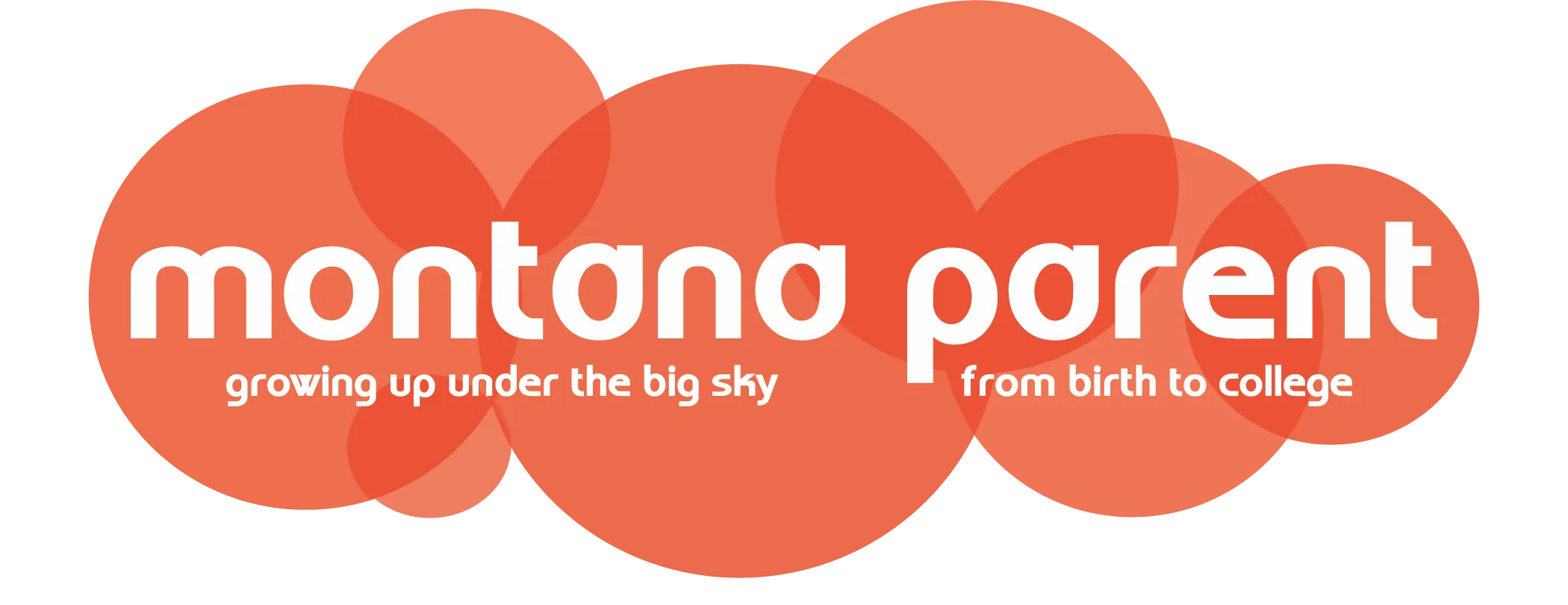Fostering Hope: How Your Commitment to be a Forever Family Impacts the Life of a Foster Child
May 16, 2014
Posted By: Shaunescy
By Kelly Zimmerman, MA
Family Developer at Intermountain
“They’ll never love me when they really know me!” With tears in her eyes, she sat on her counselor’s lap as fears of her new parent relationships stared her in the face on her last day of treatment. “They’ll get rid of me too, just like the last three families…” Despite all the work that had been done to prepare her for her new family, this was the emotional state of little Sara* on her last day of treatment.
These are often the thoughts of traumatized children in foster care who have been matched with loving, committed families ready to provide a permanent home. Without any hope that anyone is really capable of meeting her needs, Sara intends to reject another family long before they have the opportunity to reject her. For many foster children, multiple placements and broken relationships is the reality in which they live. For children like Sara, inconsistent care has created a cycle of mistrust that likely began before she could even speak. This story is common for kids in foster care as most have experienced some form of abuse, neglect, and/or trauma that has caused basic emotional needs to go unmet for extended lengths of time. As a result, adverse behaviors intensify and often get displaced onto well-meaning foster parents who often lack the support and resources to understand these behaviors and investigate what is driving them. Foster children who come to Intermountain for treatment have experienced an average of 11 placements prior to their 11th birthday. Usually, their ability to trust that anyone will really hang in there with them is long-broken.
Placement disruptions in foster care are rarely the result of one person or situation, but the trauma created by a disruption and subsequent move can be destructive to a child’s ability to learn how to develop, trust and sustain lifelong healthy relationships with others. The good news is that placement disruptions are more preventable than we might think. Although there is no silver bullet, the key to placement preservation often lies with a caregiver’s ability and willingness to emotionally connect with his/her child. At Intermountain, we describe this concept of emotional connection as a process of trying to understand your child’s feelings in the midst of their behaviors, and then connecting with those feeling(s) instead of reacting to the behavior. Behaviors, for most children, are simply a means by which they are trying to communicate something much deeper.
The process of investigating feelings during your foster child’s outburst of anger, rage, or shame can undoubtedly be a tall order. This takes commitment, investment, time, and a willingness to experience some of these emotions yourself. Foster children often displace feelings of hurt, grief, and abandonment by blaming their current caregivers instead of the previous adults that caused the emotional pain. Although these emotions can be more difficult to connect with, it is important to remember that most of your foster child’s feelings are not about you! Because of your love and commitment to this child, you represent someone to the child that could not provide these things. The child will likely choose to push you away through behaviors for a while, but your investment of time, unconditional acceptance, and willingness to emotionally connect will eventually help him/her to experience firsthand that you are not the person that hurt or abandoned them. Your interest in understanding the source of their emotional pain will be the catalyst that allows them to call you their forever family. They will know that with you, there will be no “placement disruption.” By accepting all of who they are, you will have taught them to trust again.
To find out more about Therapeutic Foster Care licensure at Intermountain or how to become a permanent family for a child, please contact Kelly Zimmerman with Family Based Services at Intermountain - 406-457-4842.
----------------------
Kelly Zimmerman has worked at Intermountain for 14 years. She is currently the Family Developer for Family-Based Services and licenses and trains families to provide Therapeutic Foster Care. Kelly holds a Master’s Degree in Special Education from the University of Phoenix and a Bachelor of Arts Degree is Social Science from Northwestern College in Minnesota.














